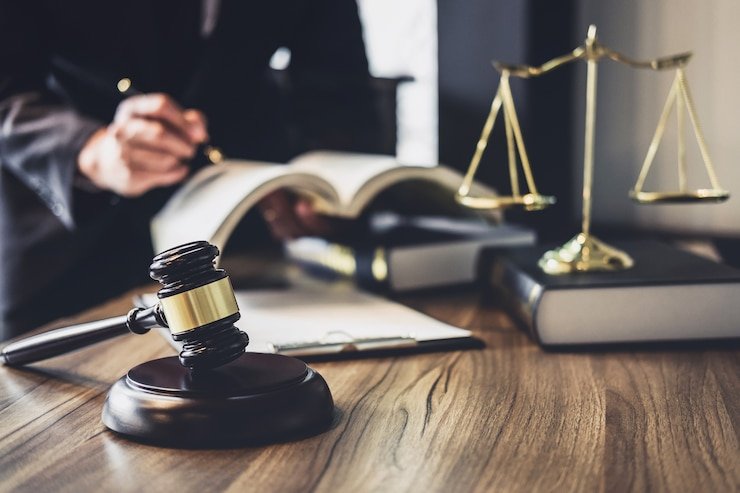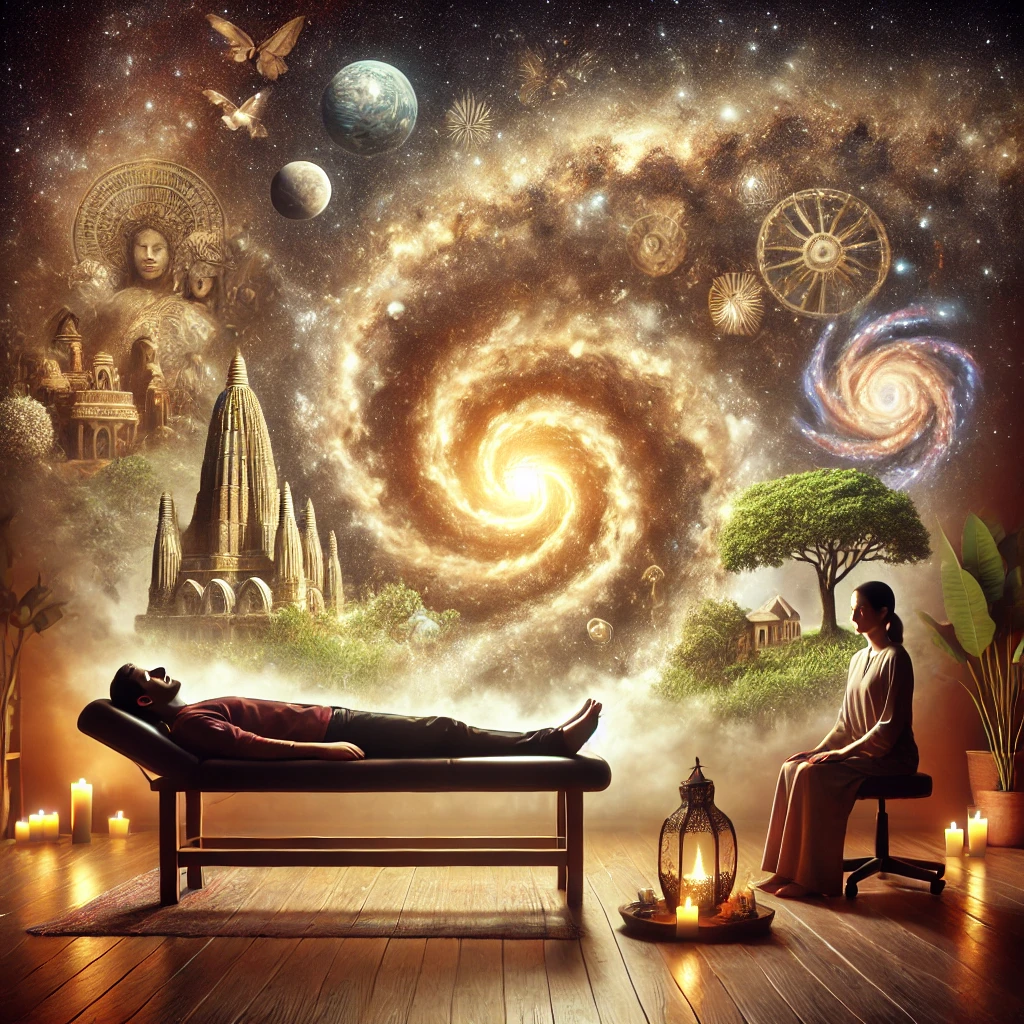Date
Then are veritably important 4 emendations in the constitution of India that every scholar should know.
scholars of a country are the most important and important resource for better development. scholars produce the future of a country. As important scholars are, they occasionally end up being exploited and denied of their rights.
It’s veritably important for every scholar, especially council scholars to know their legal rights. Although, in India, there’s no special right and provision is solely devoted to scholars, but then are four veritably important laws in the Indian constitution that every scholar must know of the Indian Penal law.
Fundamental Right to Information (Composition 19 ( 1)( a))
Right to Information (RTI) is an act of the Indian Parliament that makes the right to information a abecedarian right for the citizens of India. This Right to Information was passed by Parliament on June 15, 2005, and came completely into force on October 12, 2005.
Under the RTI Act, any citizen of India can request information from any public authority and the authority will have to return back at the foremost or within thirty days.
Still, the information has to be handed within 48 hours, If the matter involving a supplicant’s life and liberty.
Fundamental Right to Equality (Article 14)
Right to Equality (Article 14) of the Indian constitution give equivalency before the law within the home of India. This law is applicable to anybody and everybody who’s inside the home of India including an Indian citizen, pots, and nonnatives.
Composition 14 permits bracket, so long as it’s’ reasonable’, but forbids class legislation. Bracket of groups of people is considered reasonable when
- The bracket is grounded upon comprehensible mark that distinguishes persons or effects that are grouped from others that are left out of the group,
- The differential has a rational relation with the ideal of the act
Fundamental Right to Education (Composition 21A)
Right to Education Act (RTE), is an Act of the India Parliament which was made on August 4, 2009. This law describes the modalities of the significance of free and mandatory education for children between 6 and 14 in India under Article 21 (a) of the Indian Constitution.
RTE makes availability of education a abecedarian right of every child between the periods of 6 and 14 and specifies minimal morals in abecedarian seminaries.
This law states that all private seminaries have to reserve 25 percent of seats to children (to be refunded by the state as part of the public-private cooperation plan).
It also prohibits all unrecognised seminaries from practice and makes vittles for no donation or capitation freights and no interview of the child or parent for admission.
The Act also provides that no child will be held back, expelled, or needed to pass a board examination until the completion of abecedarian education.
There’s also a provision for special training of academy drop- outs to bring them up to par with scholars of the same age.
Fundamental Right to Life (under Composition 21)
The Right to life (Composition 21) says that nothing, including the Government, has to authority to end your life. Under this law, it’s obligatory for the Government to take applicable measures to guard life by making laws to cover you.
Right to Life also makes it necessary for the govt to take applicable way to cover you if your life is at threat.
Public authorities should also consider your right to life when making opinions that might put you in peril or that affect your life expectation.
Still, you may have the right to an disquisition, If a member of your family dies in circumstances that involve the state.
More
articles
An addiction is a habitual dysfunction of the brain system that involves price, provocation, and memory. It’s about the way your body craves a substance or behavior, especially if it causes a obsessive or compulsive pursuit of “price” and lack of concern over consequences.
Someone passing an addiction will
- be unfit stay down from the substance or stop the addicting behavior
- display a lack of tone- control
- have an increased desire for the substance or behavior
- dismiss how their behavior may be causing problems
- warrant an emotional response
Over time, addictions can seriously intrude with your diurnal life. People passing addiction are also prone to cycles of relapse and absolution. This means they may cycle between violent and mild use. Despite these cycles, addictions will generally worsen over time. They can lead to endless health complications and serious consequences like ruin.
What are the types?
According to U.K. charity Action on Addiction, 1 in 3 people in the world have an addiction of some kind. Addiction can come in the form of any substance or behavior.
The most well- known and serious addiction is to medicines and alcohol. Nearly 1 in 10 Americans have an addiction to both. Of the people with a medicine addiction, further than two- thirds also abuse alcohol.
The most common medicine addictions are
- nicotine, set up in tobacco
- THC, set up in marijuana
- Opioid (anesthetics), or pain relievers
- cocaine
What are the signs?
utmost signs of addiction relate to a person’s disabled capability to maintain tone- control. This includes changes that are
- social, similar as seeking out situations that encourage a substance or behavior
- behavioral, similar increased secretiveness
- health related, similar as wakefulness or memory loss
- related to personality
Someone with an addition won’t stop their behavior, indeed if they fete the problems the addiction is causing. In some cases, they ’ll also display a lack of control, like using further than intended.
Some behavior and emotional changes associated with addiction include
- unrealistic or poor assessment of the pros and cons associated with using substances or actions
- condemning other factors or people for their problems
- increased situations of anxiety, depression, and sadness
- increased Perceptivity and more severe responses to stress
- trouble relating passions
- trouble telling the difference between passions and the physical sensations of one’s feelings
What causes addiction?
Addicting substances and actions can produce a enjoyable “high” that’s physical and cerebral. You ’ll generally use further of certain substances or engage in actions longer to achieve the same high again. Over time, the addiction becomes delicate to stop.
The brain
Some people may try a substance or behavior and no way approach it again, while others come addicted. This is incompletely due to the brain’s anterior lobes. The anterior lobe allows a person to delay passions of price or delectation. In addiction, the anterior lobe malfunctions and delectation is immediate.
Fresh areas of the brain may also play a part in addiction. The anterior cingulate cortex and the nexus accumbens, which is associated with enjoyable sensations, can increase a person’s response when exposed to addicting substances and actions.
Other possible causes of addiction include chemical imbalances in the brain and internal diseases similar as schizophrenia or bipolar complaint. These diseases can lead to managing strategies that come addictions.
Early exposure
Experts believe that repeated and early exposure to addicting substances and actions play a significant part. Genetics also increase the liability of an addiction by about 50 percent, according to the American Society of Addiction Medicine.
But just because addiction runs in the family doesn’t inescapably mean a person will develop one.
Environment and culture also play a part in how a person responds to a substance or behavior. A lack or dislocation in a person’s social support system can lead to substance or behavior addiction. Traumatic gests that affect managing capacities can also lead to addicting actions.
How do you treat addiction?
All types of addiction are treatable. The stylish plans are comprehensive, as addiction frequently affects numerous areas of life. Treatments will concentrate on helping you or the person you know stop seeking and engaging in their addiction.
Common Curatives include
- specifics, for internal diseases similar as depression or schizophrenia
- psychotherapy, including behavioral, talk, and group curatives
- medical services, to help treat serious complications of addiction, like pullout during detox
- addiction case director, to help coordinate and check ongoing treatment
- inpatient addiction treatment
- tone- help and support groups
You can also visit your primary care croaker for an evaluation. The type of treatment a croaker recommends depends on the inflexibility and stage of the addiction. With early stages of addiction, a croaker may recommend drug and remedy. After stages may profit from inpatient addiction treatment in a controlled setting.



